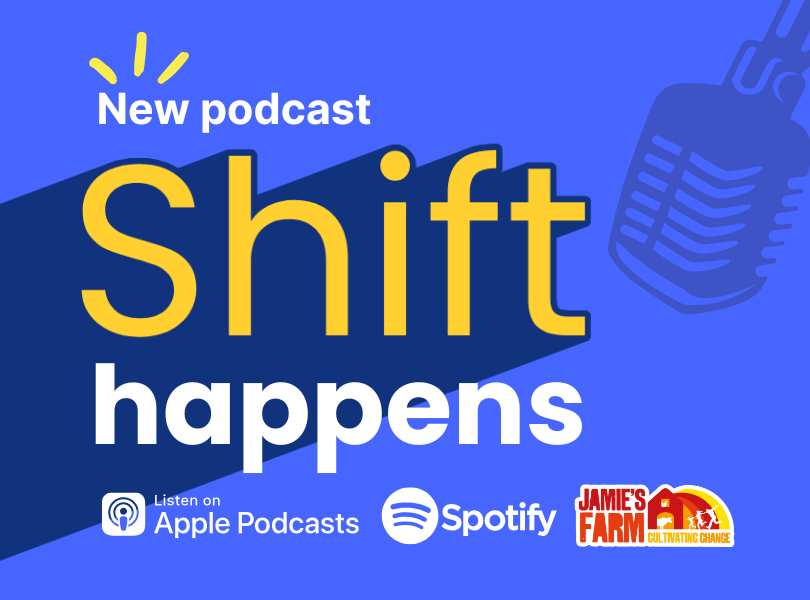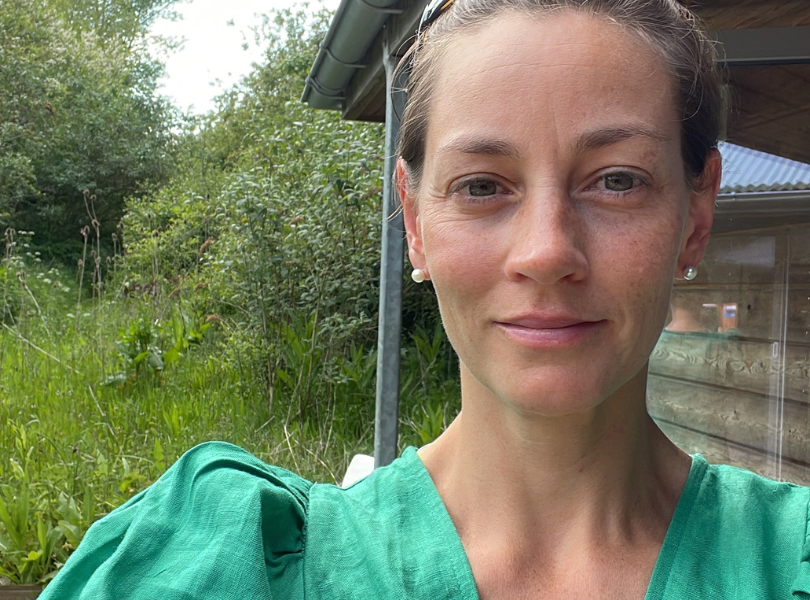Guilt is something we all feel regularly when we recognise we have done something wrong and we regret the consequences. Guilt can be a useful emotion which helps develop empathy and moral understanding in children, and often provides an opportunity for them to repair their mistakes. Shame however is a corrosive and toxic emotion that can overwhelm and leave us feeling sad and bad. It can lead a child to blame themselves for being a ‘bad person’, rather than viewing themselves as a good person who has made a poor choice. In this podcast, Lead Therapist, Tish Feilden, explores the differences between the two emotions and what we can do to ensure children and young people don’t fall into a negative, shameful cycle that harms their sense of self-worth.
“One word to describe Jamie’s Farm is giving. As in it’s giving opportunities to young children to correct their mistakes if they have any. Just gives them all a chance really.” Young person, Accrington Academy
Guilt and shame are powerful emotions and are often felt very strongly by children and young people. It’s important here to distinguish between the two emotions: guilt is felt in response to a thought or action and often involves feeling bad about causing harm to others, whereas shame is a deep seated feeling that we ourselves are flawed. Guilt says, ‘I made a mistake’; Shame can say, ‘I am a stupid, foolish, bad or mad’. Feeling guilty allows us to recognise when our behaviour could be improved, and often gives us the motivation to repair our mistakes. However, if repeated feelings of guilt turn to shame, children can begin to build a very negative self-image. Children can also feel intense guilt and shame about things that aren’t their fault and even beyond their control; the breakdown of their parents’ relationship for instance, or being taken into foster care. These feelings of guilt and shame can be carried through to adulthood and become a very heavy burden to bear.
Children and young people experiencing these feelings may behave in a range of ways both in school and beyond, they may be the child behaving ‘badly’, fulfilling their shameful beliefs that they are simply not worthy by being rude or aggressive to teachers and other pupils; or they may be the child who appears withdrawn and quiet – almost invisible in the classroom. Either way, these young people need a chance to see that they are able to make amends for their misjudgments, and that they are not deeply and inherently flawed because they have made a mistake. As adults, we know these feelings well, but in our busy lives and classrooms, it’s very easy to forget that a child’s outward behaviour is often linked to some very powerful emotions, and should always be handled with care. Reparative conversations are, once again, crucial to ensure that the guilt felt for a behaviour or outburst does not fuel a negative cycle of shame for that young person. Allowing them to apologise, make amends and move on is key.
Written and recorded by Tish Feilden (Lead Therapist and Co-founder) and Chloe Thomas (Impact Manager and ex-teacher).



